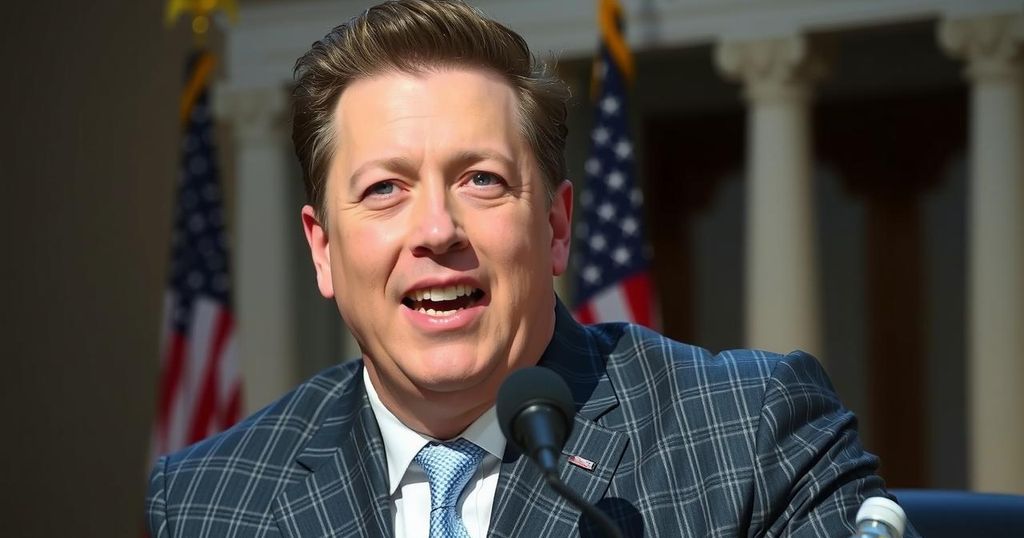Elon Musk hosted a livestream with Alice Weidel, leader of the far-right AfD, on January 9, 2025, expressing support for the party ahead of the upcoming national election. The discussion raised concerns about foreign influence in politics as Musk advocated for the AfD’s policies alongside Weidel, who sought to distance the party from its Nazi past. The livestream drew significant viewership and has drawn scrutiny from regulatory bodies regarding its implications for social media and political integrity.
On January 9, 2025, billionaire entrepreneur Elon Musk utilized his social media platform, X, to host a livestream interview with Alice Weidel, leader of the far-right Alternative for Germany (AfD) party and candidate for chancellor. The discussion, which attracted over 200,000 viewers, focused on shared concerns about Germany’s tax rates, immigration policies, and energy strategies, specifically criticizing the shutdown of nuclear plants. Musk expressed his support for the AfD, urging people to vote for the party, reflecting his ongoing engagement in political matters across borders.
Weidel sought to differentiate her party from Germany’s Nazi past, emphasizing libertarian principles and framed her advocacy for free speech as a rebuttal to accusations of extremism. Musk echoed these sentiments, contending that their conversation was grounded in common sense. They further diverged from politics into discussions about space and religion, indicative of Musk’s penchant for visionary topics. Despite polls suggesting the AfD’s growing popularity, mainstream conservative parties like the Christian Democrats remain favored in the upcoming election.
Musk’s endorsement and active involvement in the AfD raise concerns among European officials about the potential influence of his platform on political outcomes, particularly in light of ongoing regulatory scrutiny regarding misinformation and hate speech on social media. As tensions regarding populism and far-right politics rise across Europe, the AfD’s increasing support reflects broader discontent with current governance and national sovereignty issues.
The Alternative for Germany (AfD) party, founded in 2013, has evolved from primarily opposing eurozone bailouts to steadfastly opposing immigration, particularly following the arrival of significant numbers of refugees in 2015. The party has gained traction as many voters express discontent with the current multi-party coalition government under Chancellor Olaf Scholz. Musk’s involvement with the AfD highlights the intersection of global business figures and local political landscapes, raising questions about foreign influence in domestic elections. This incident has prompted regulatory scrutiny from the European Commission, which is monitoring compliance with the Digital Services Act and addressing potential risks associated with misinformation and hate speech on social media platforms.
In conclusion, Elon Musk’s livestream with Alice Weidel has ignited significant debate regarding the intersection of social media and political influence, particularly in the context of the far-right AfD party’s rising popularity in Germany. The implications of such endorsements, combined with existing tensions surrounding populism in Europe, necessitate careful consideration by both regulators and the public regarding the role of technology and business leaders in shaping political narratives. As Germany approaches its national election on February 23, 2025, the political landscape remains charged with potential ramifications for governance and democratic discourse.
Original Source: apnews.com






